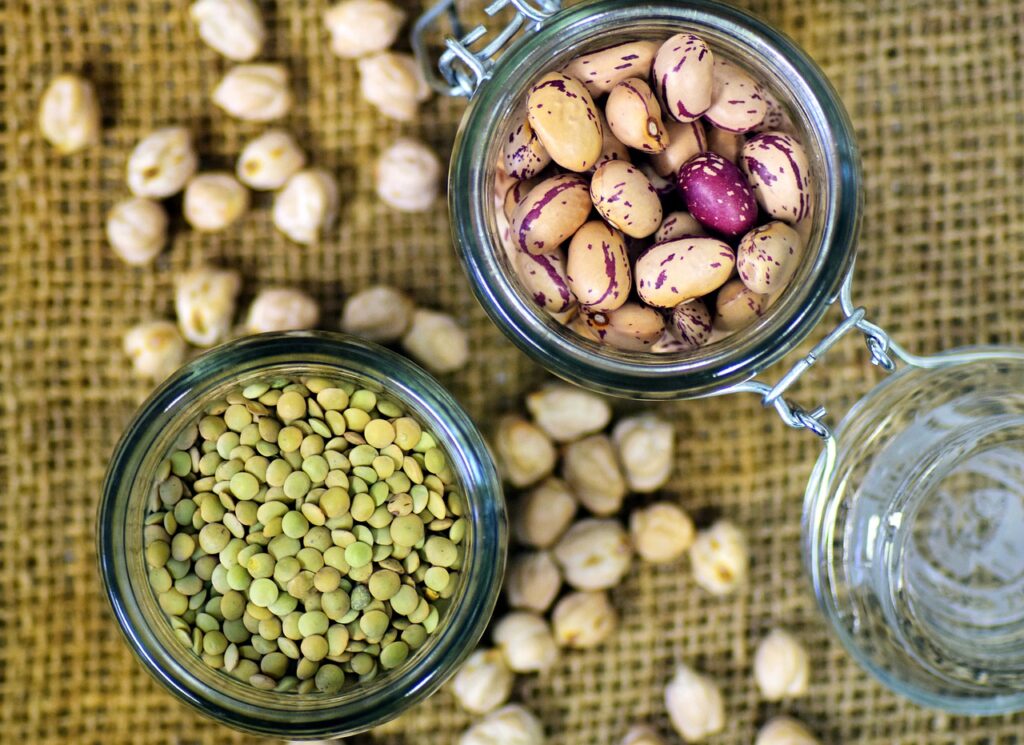Buying whole foods might sound expensive, but it can actually be much cheaper! Usually, whole foods are defined as foods that have not been processed and do not have extra ingredients added to them. This includes fruits, vegetables, beans, nuts, seeds, whole grains, meat, fish, and eggs. It can also be cheaper to buy foods that are literally whole–like large, unpeeled carrots instead of baby carrots.
To see whether the “whole” option is actually cheaper, check the unit price at the grocery store. The unit price can be found right next to the full price of the item. It will tell you how much the item costs per pound, ounce, or piece. Watch this video to see where to find the unit price.
Take a look at the prices of these products:
- 1 lb bag of baby carrots = $0.89
- 1 lb bag of whole carrots = $0.69
- 8 oz bag of shredded cheddar cheese = $2.18
- 8 oz block of cheddar cheese = $1.74
- 16 oz of canned pinto beans (about 1.5 cups) = $0.54
Canned = .18¢ per serving
- 16 oz of dried pinto beans (about 6 cups cooked) = $1.38
Dried = .11¢ per serving
Some of the prices may not seem that different, but a few cents here and there can add up over time! Take a look at your grocery list and mark foods you think you could buy less processed or whole versions of. Next time you go shopping, compare the unit price of the option you normally buy to the alternate whole option. See how much money you could save by buying whole.
Sources: MyPlate.gov
